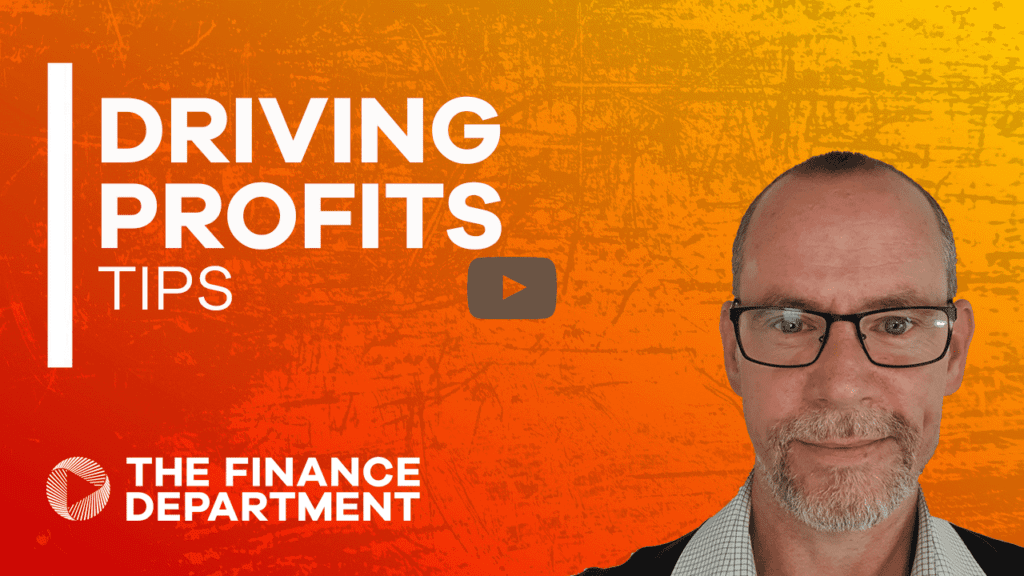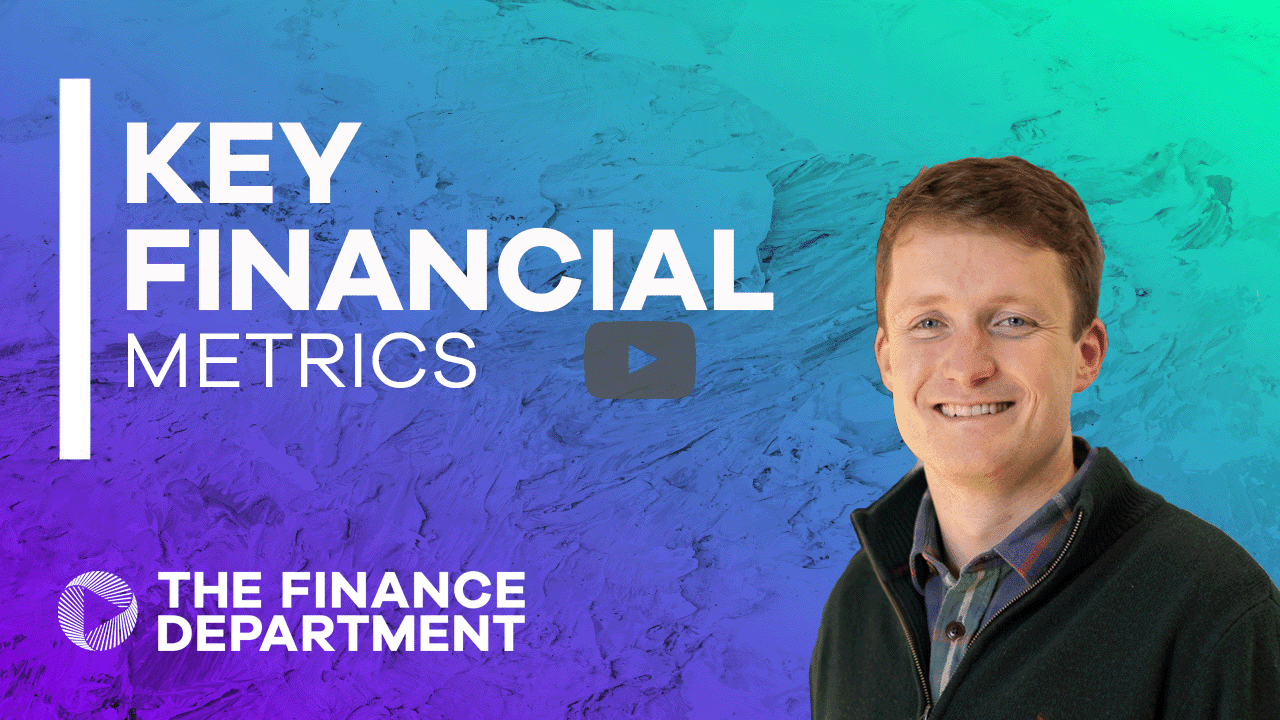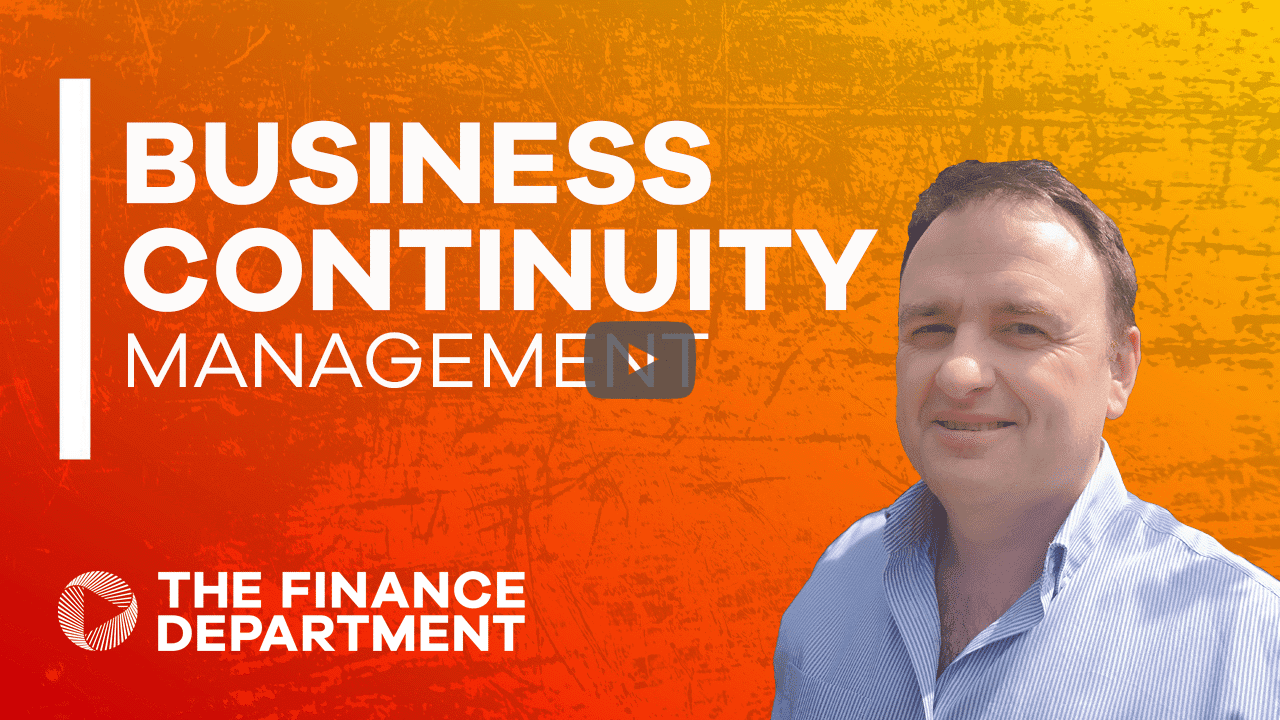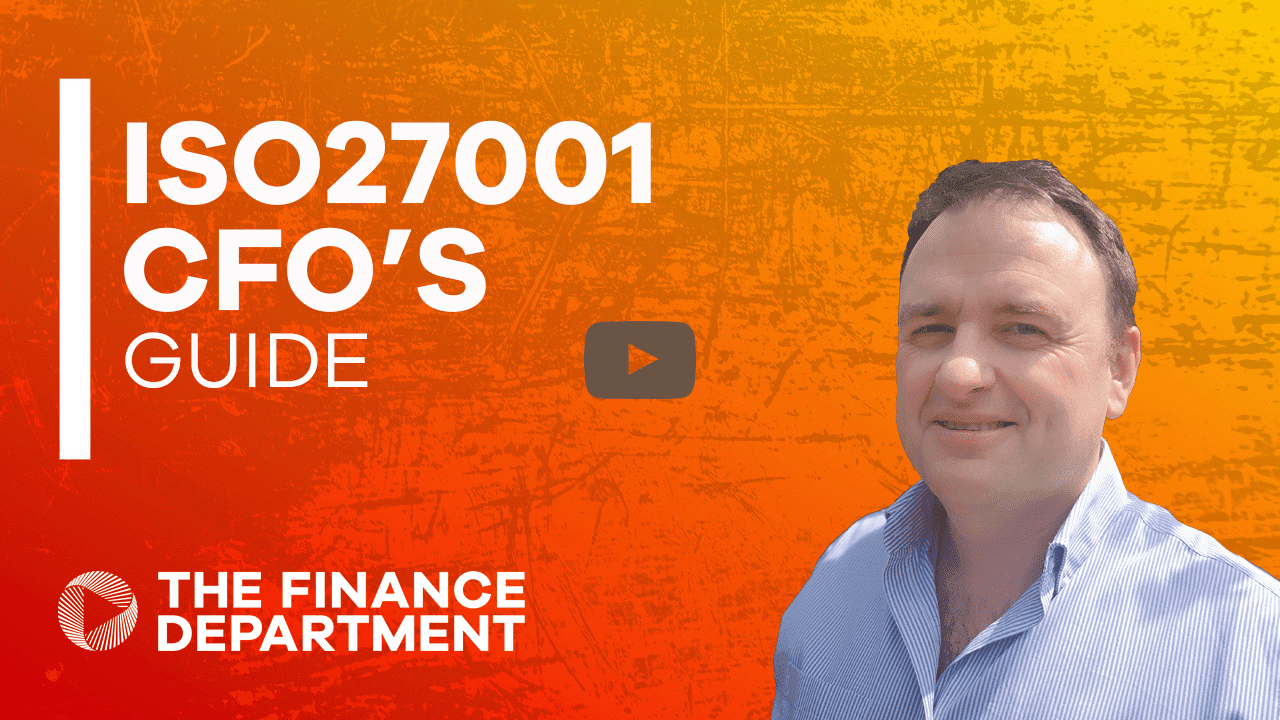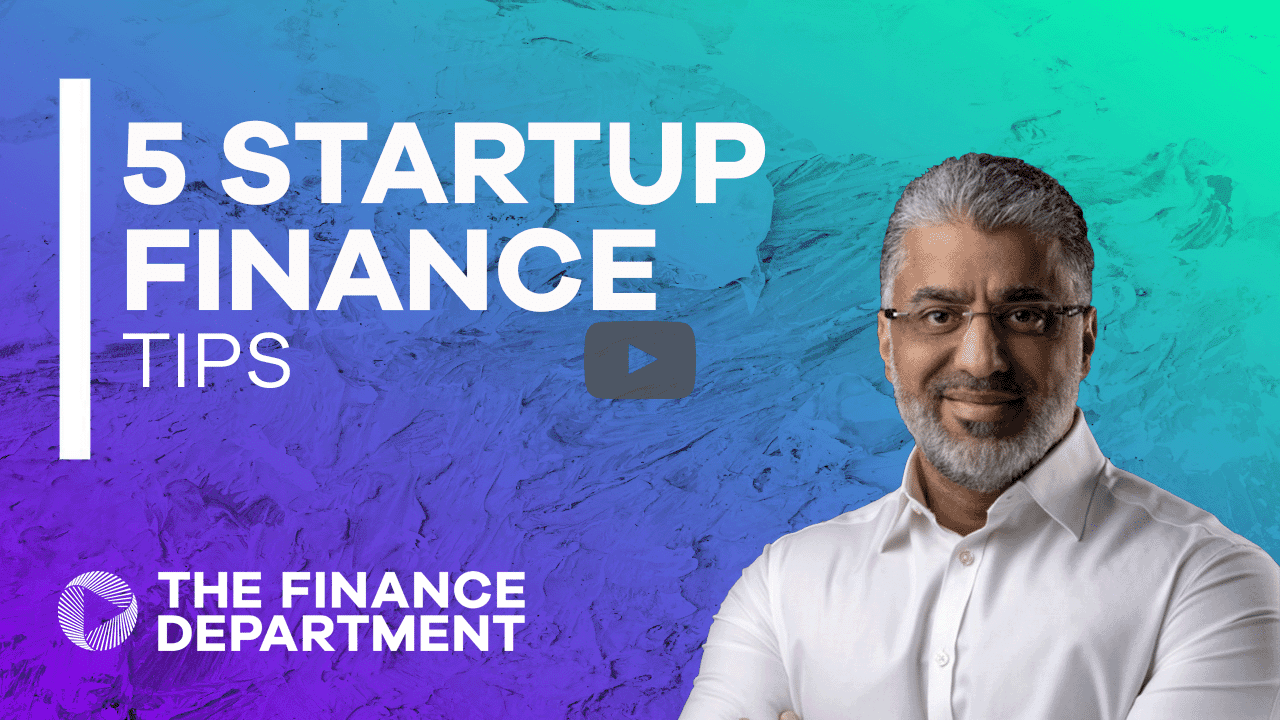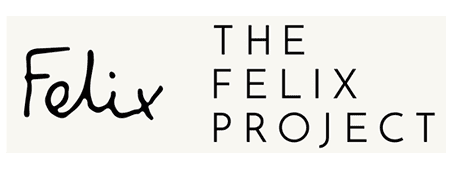Join today and start learning
TFD is the learning platform built for finance professionals.
This content is available as part of our bitesized video series.
Watch this video today by joining our free community.
Join today and start learning
TFD is the learning platform built for finance professionals.
This content is available as part of our bitesized video series.
Watch this video today by joining our free community.
Video : Key metrics to consider when winning new business
In this video, Chris Lang highlights the key metrics to consider as a founder when trying to generate new business and ensure profitability.
Another part of estimating or another part of a company’s existence is generating new business.
This is a key element, I think, in terms of understanding the commercials of a company, how much time and effort do you put into generating new business?
The temptation is to throw everything at it, is that the correct thing to do? Well, not necessarily, it depends on the prize.
How much are we going to generate from that new business?
That is a key element to understand, and not always apparent at the start of a process when you are approaching, or you were approached by a company with a new business opportunity, it is very important, I feel, to early on discuss how much budget that client has for the services that they want to buy.
If a project is worth 10,000 pounds, it’s very different to a project worth a 100,000 pounds, and therefore the effort you put into winning that business, should also be adjusted to take that into account.
So, my suggestion would be at the start or early on in the process, is to ask the potential client how much budget they have available and then work out an internal budget based on that, in order to ensure you can still make a return on that bit of business.
If you are trying to get a piece of business and it’s worth 10,000 pounds and you put 5,000 pounds worth of effort into it, you are not going to make a profit from that business.
If it’s worth a 100,000 pounds and you put 5,000 pounds worth of effort into it, there’s every chance you will be able to generate a profit from it. As a new business this is very key, it is very, very important, we all need to feed the funnel, but we also have clients to service and we need to be generating enough money from the client we’re currently servicing, in order to ensure profitability.
Since something that’s called opportunity cost, if we take somebody off a bit of fee-earning work, and put them on to some new business, there’s a cost element to that as a potential amount of money we could generate that perhaps isn’t being generated because that person’s time is tied up with new business.
So those are some of my tips in terms of how to try and ensure profitability through an organization that is time-based.
I hope you find this useful, and if there’s anything else needed, do let me know.
Chris is an Associate Chartered Management Accountant. He has 30 years experience of working with companies in the creative sector. In 2007 Chris formed Flash Partners with the aim of ensuring companies in the creative sector have access to the right highly skilled finance professionals they need in order to succeed.
Chris is also a Design Business Association Expert and sits on the Advisory Board of The Alliance for Independent Agencies.
In his spare time Chris is a big Formula Once fan. He also enjoys rugby and travelling.
Video: Key metrics to consider when winning new business
In this video, Chris Lang highlights the key metrics to consider as a founder when trying to generate new business and ensure profitability.
Another part of estimating or another part of a company’s existence is generating new business.
This is a key element, I think, in terms of understanding the commercials of a company, how much time and effort do you put into generating new business?
The temptation is to throw everything at it, is that the correct thing to do? Well, not necessarily, it depends on the prize.
How much are we going to generate from that new business?
That is a key element to understand, and not always apparent at the start of a process when you are approaching, or you were approached by a company with a new business opportunity, it is very important, I feel, to early on discuss how much budget that client has for the services that they want to buy.
If a project is worth 10,000 pounds, it’s very different to a project worth a 100,000 pounds, and therefore the effort you put into winning that business, should also be adjusted to take that into account.
So, my suggestion would be at the start or early on in the process, is to ask the potential client how much budget they have available and then work out an internal budget based on that, in order to ensure you can still make a return on that bit of business.
If you are trying to get a piece of business and it’s worth 10,000 pounds and you put 5,000 pounds worth of effort into it, you are not going to make a profit from that business.
If it’s worth a 100,000 pounds and you put 5,000 pounds worth of effort into it, there’s every chance you will be able to generate a profit from it. As a new business this is very key, it is very, very important, we all need to feed the funnel, but we also have clients to service and we need to be generating enough money from the client we’re currently servicing, in order to ensure profitability.
Since something that’s called opportunity cost, if we take somebody off a bit of fee-earning work, and put them on to some new business, there’s a cost element to that as a potential amount of money we could generate that perhaps isn’t being generated because that person’s time is tied up with new business.
So those are some of my tips in terms of how to try and ensure profitability through an organization that is time-based.
I hope you find this useful, and if there’s anything else needed, do let me know.
Chris is an Associate Chartered Management Accountant. He has 30 years experience of working with companies in the creative sector. In 2007 Chris formed Flash Partners with the aim of ensuring companies in the creative sector have access to the right highly skilled finance professionals they need in order to succeed.
Chris is also a Design Business Association Expert and sits on the Advisory Board of The Alliance for Independent Agencies.
In his spare time Chris is a big Formula Once fan. He also enjoys rugby and travelling.

